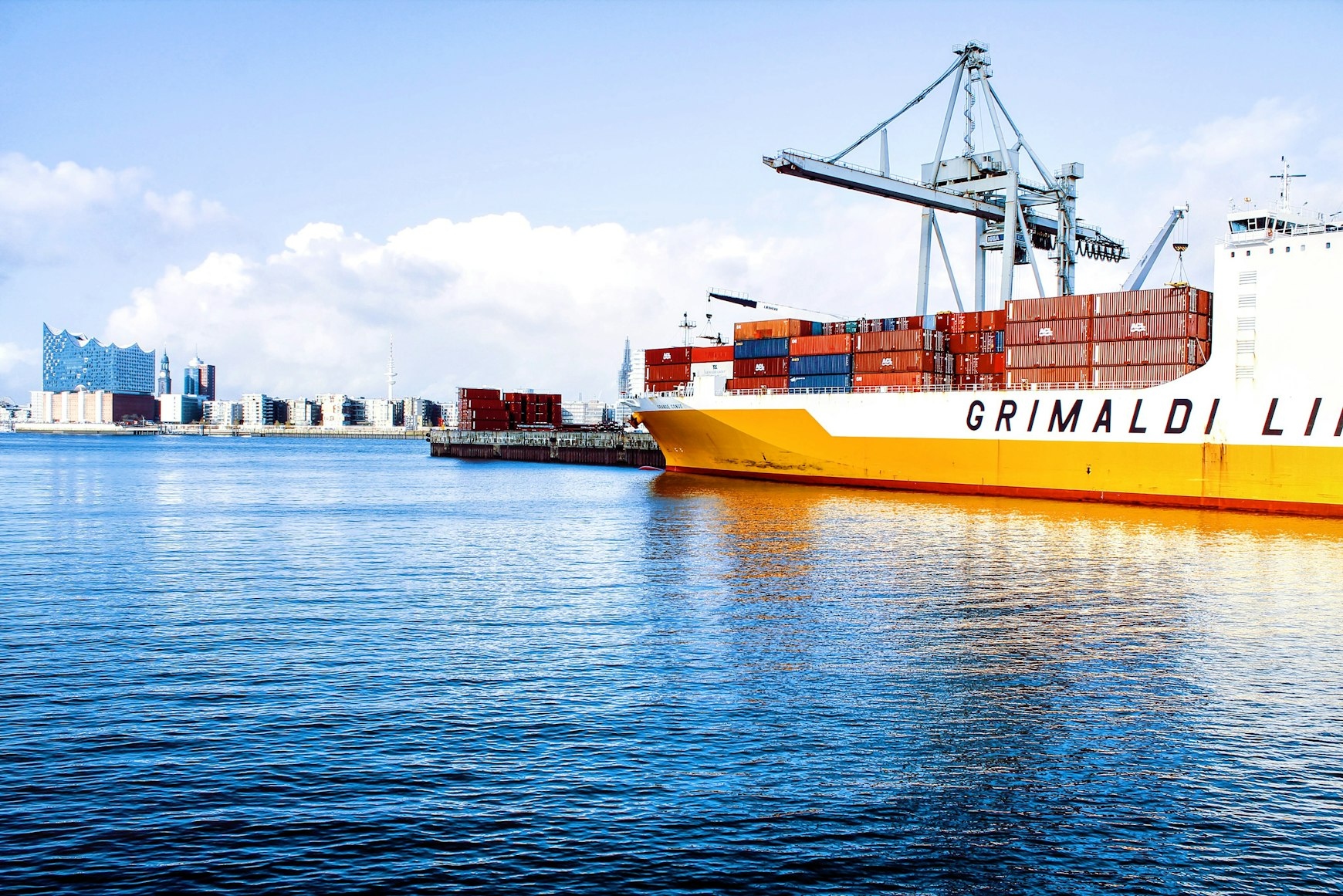The shipping industry is the backbone of global trade, and as technology continues to advance, it is reshaping the way goods are transported across the world. From automation and artificial intelligence to blockchain and the Internet of Things (IoT), these innovations are set to revolutionize the shipping industry. In this blog post, we will explore some of the key technological advancements and their impact on the future of shipping.
1. Automation and Robotics
Introduction: Automation and robotics are becoming increasingly prevalent in the shipping industry. From automated guided vehicles (AGVs) in warehouses to robotic arms for loading and unloading cargo, these technologies are improving efficiency and reducing human error.
Impact:
- Increased Efficiency: Automation reduces the time and labor required for handling shipments, speeding up the entire process.
- Cost Savings: Reducing reliance on manual labor can lead to significant cost savings for shipping companies.
- Improved Safety: Robotics can handle dangerous tasks, reducing the risk of injury for human workers.
2. Artificial Intelligence (AI) and Machine Learning
Introduction: AI and machine learning are transforming the way shipping companies manage logistics. These technologies can analyze vast amounts of data to optimize routes, predict demand, and improve decision-making processes.
Impact:
- Optimized Routes: AI algorithms can calculate the most efficient shipping routes, saving time and fuel.
- Predictive Maintenance: Machine learning can predict when equipment is likely to fail, allowing for proactive maintenance and reducing downtime.
- Enhanced Customer Service: AI-powered chatbots and virtual assistants can provide customers with real-time updates and support.
3. Blockchain Technology
Introduction: Blockchain technology offers a secure and transparent way to track shipments and manage transactions. By creating an immutable ledger of all transactions, blockchain can enhance trust and security in the shipping industry.
Impact:
- Improved Transparency: Every transaction is recorded on the blockchain, providing a transparent history of the shipment.
- Reduced Fraud: The secure nature of blockchain makes it difficult for fraudulent activities to occur.
- Streamlined Documentation: Smart contracts can automate and streamline the documentation process, reducing paperwork and administrative costs.
4. Internet of Things (IoT)
Introduction: The IoT involves connecting physical devices to the internet, allowing them to collect and share data. In the shipping industry, IoT devices can monitor the condition and location of shipments in real-time.
Impact:
- Real-Time Tracking: IoT devices provide real-time updates on the location and status of shipments, enhancing visibility and accountability.
- Condition Monitoring: Sensors can monitor temperature, humidity, and other conditions, ensuring that sensitive goods are transported safely.
- Operational Efficiency: IoT data can be used to optimize warehouse operations and reduce energy consumption.
5. Sustainable Shipping Practices
Introduction: As environmental concerns become more pressing, the shipping industry is adopting sustainable practices to reduce its carbon footprint. Technology is playing a crucial role in making shipping more eco-friendly.
Impact:
- Alternative Fuels: The development of alternative fuels, such as biofuels and hydrogen, can reduce greenhouse gas emissions.
- Energy-Efficient Technologies: Innovations like energy-efficient engines and hull designs can significantly reduce fuel consumption.
- Green Logistics: Sustainable practices in logistics, such as optimized packaging and reduced waste, contribute to a greener supply chain.
Conclusion
The future of shipping is bright, thanks to the rapid advancements in technology. Automation, AI, blockchain, IoT, and sustainable practices are set to transform the industry, making it more efficient, secure, and environmentally friendly. Shipping companies that embrace these technologies will be well-positioned to thrive in the evolving landscape of global trade.


Leave a Reply